The most widely used and most advanced means of transport in the public sector is the bus. With the intercity buses you can get to almost any place in Brazil comfortably and inexpensively. They are available in all variations. There are the fully air-conditioned, multi-axle luxury and sleeping buses that travel over longer distances, as well as the rusted old village buses that bring children to school in remote corners.
Long-distance bus:
They are modern, clean, air-conditioned and offer every comfort, depending on the class. There are many different bus companies that cover the different routes. It can best be compared to the train. The Rodoviaria (bus terminal) is very similar to an airport or train station. Most of the time they are quite large. There you can find the various bus companies with their ticket counters. The ticket counters are usually all next to each other, so that routes, offers, prices, bus class and departure times can be compared very well. There are various service facilities such as restaurants, shops, pronto socorros, luggage storage, snack bars and waiting rooms etc …
The buses wait for passengers at the various terminals. With the ticket you also get your own numbered seat reserved. Depending on the duration of the journey and the class of bus, the buses stop at rest stops about every 2-3 hours to allow a short break. The rest stops always have restaurants and sanitary facilities. Buses that are marked with Direito go directly to the destination without stopping.
During my first visit to Brazil, I did about 4500 km with the long-distance buses. Equipped with my large backpack, I was able to get to know many places very comfortably and, above all, efficiently. In addition to the comfort that one enjoys in a “Leito”, for example, one also sees a lot of the country during the journey and makes nice acquaintances where interesting conversations develop. The Brazilians are very open people and are very interested in people from other countries. At least that’s how I felt on my travels. I can really only recommend traveling by long-distance buses.
Is this the only efficient and effective transportation mode in Brazil? No there are a few other alternatives to that as you will read below
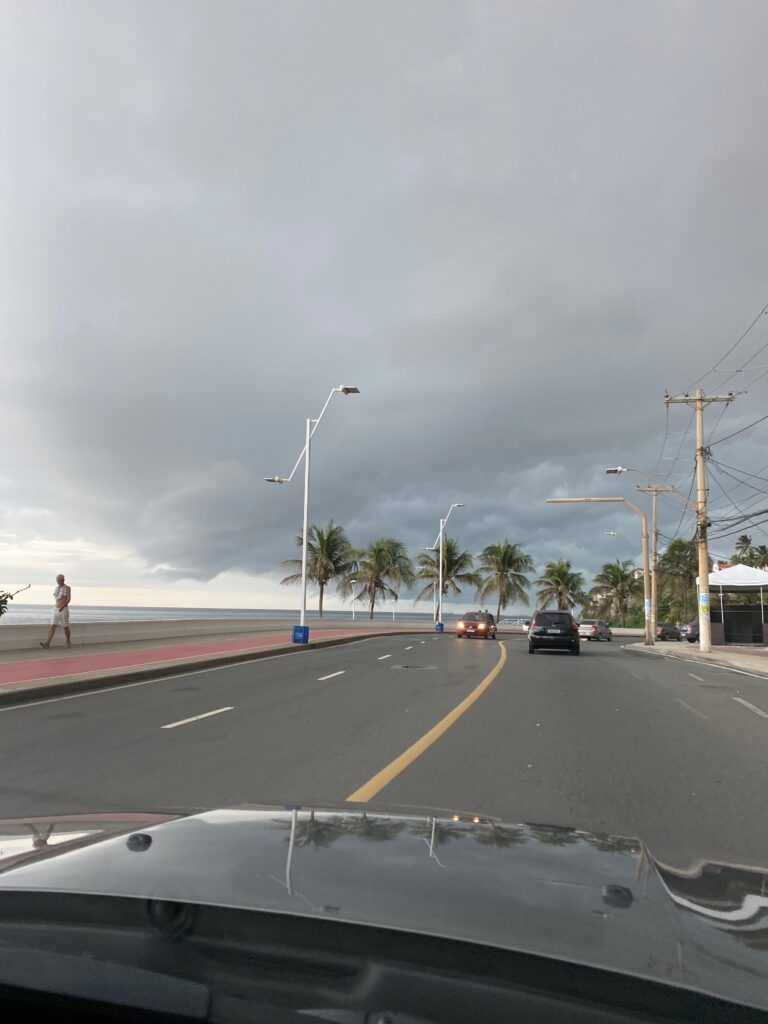
Oh yes, the beloved car, it makes everything a lot easier. Since I dared to rent a car in Brazil for the first time, I haven’t wanted to do without it. You are more flexible and free, not that it is not possible to travel to Brazil without your own car. On the contrary, as already mentioned, you can get everywhere with the long-distance buses. You can also get around town very easily by bus and taxi. There is also a metro in Rio and Sao Paulo. And still with the car you are just a little bit freer. Whereby it is not so easy to keep your bearings in a big Brazilian city. You also have to be aware that you shouldn’t necessarily choose the wrong exit …. No, this shouldn’t be scare tactics, but it is important to know where you are when you are driving.
In the meantime there are navigation devices that cover Brazil quite well in the metropolitan areas. But now back to the fun factor of cars.
Tip:
One of my most popular car rental companies is Localiza which has locations at most airports and you can easily rent rental cars of all sizes and classes through Rentalcars.com. Localiza is part of Hertz. However, through Rentalcars you can find a good offer with corresponding features and insurance from all known and represented car rental companies in Brazil.
If renting a car is an option, then I recommend renting a mobile navigation device. Yes, I know, now the question arises, why, can I still use GPS and Google Maps with my mobile offline? Yes and no is my answer here. Offline use has never worked well for me in Brazil, but that’s not even the main reason. After all, it could also be due to my technological inability.
No, the navigation device in question is nothing more than a mobile device with a SIM card in Brazil. Have you already figured it out? No? For a few BRL more per day you have rented a top internet modem which provides a very good connection for up to five devices everywhere, which is cheaper than the data package you bought from your provider in your home country and which is rather bad than right in Brazil functions. Incidentally, of course, it fulfills its task as a navigation device and allows a certain number of local calls.
So if you rent a car then quickly book the navigation system, because it is usually in high demand.
There are a few more comments I would like to make here regarding automobiles. While here in Europe we mainly know gasoline and diesel as fuel, in Brazil there is also alcohol (ethanol). “Motor-Flex” is the name of the hybrid motors that allow alcohol and gasoline to be combined at the same time. Quite a practical matter. The combination can save a lot of money on fuel. The flex motors can be found in almost every make of car. For example, our Fiat pictured above, which we rented in February 2014, is equipped with such a hybrid engine. Driving in a natural gas-powered car is also interesting and cheap. This is what happened to us once in Salvador, when the taxi driver made us a much cheaper price than is usually paid for the distance traveled. When we asked why it is so cheap, he showed us the gas tank in the trunk of the car. That then explained a lot.
want to know mor about transportation
Source by Dindu

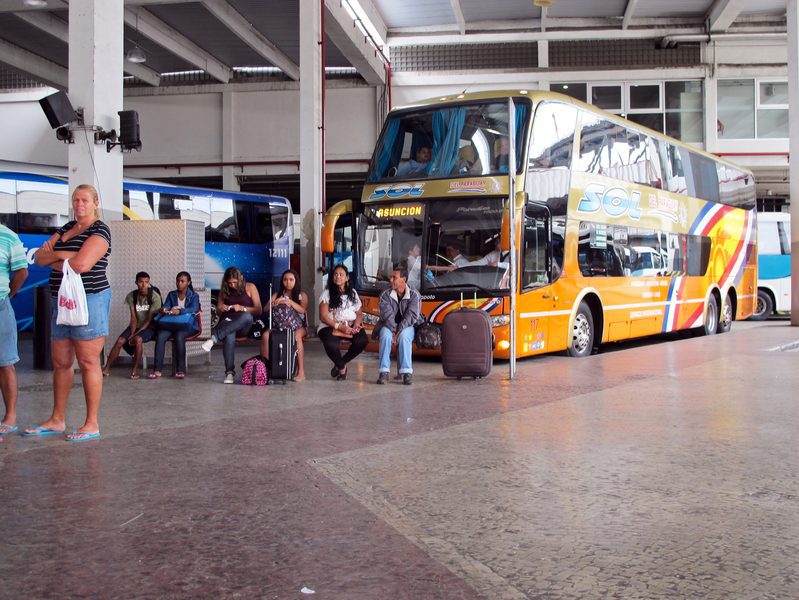
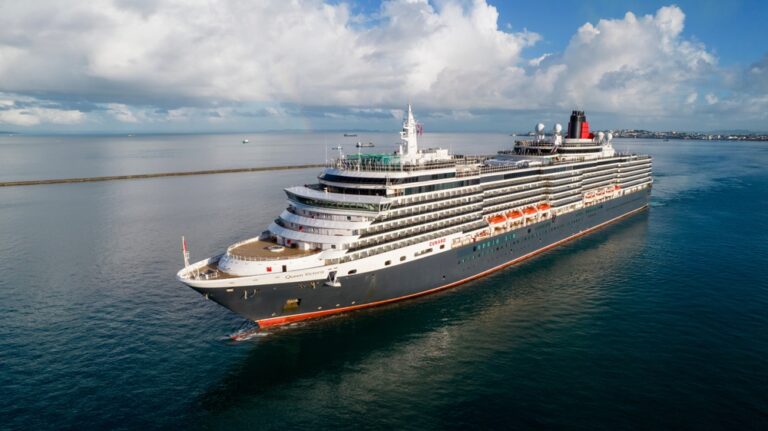
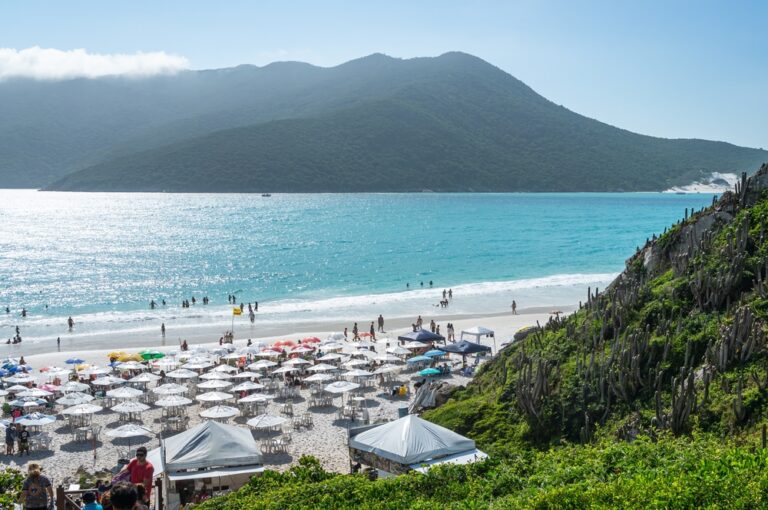

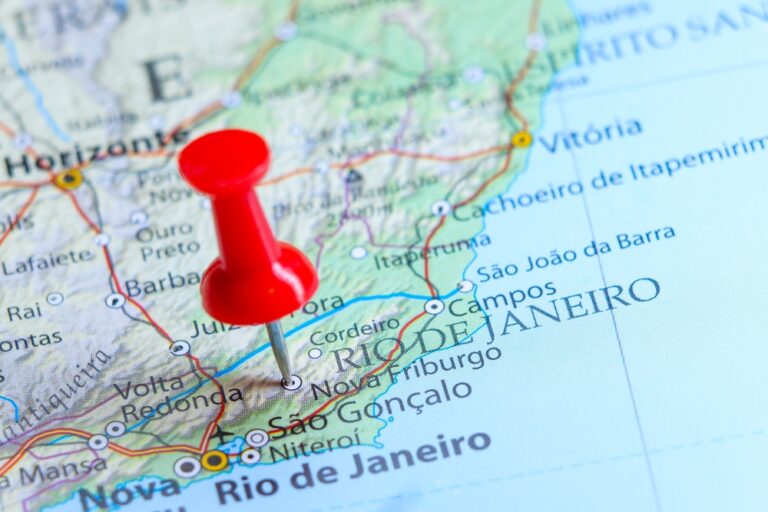



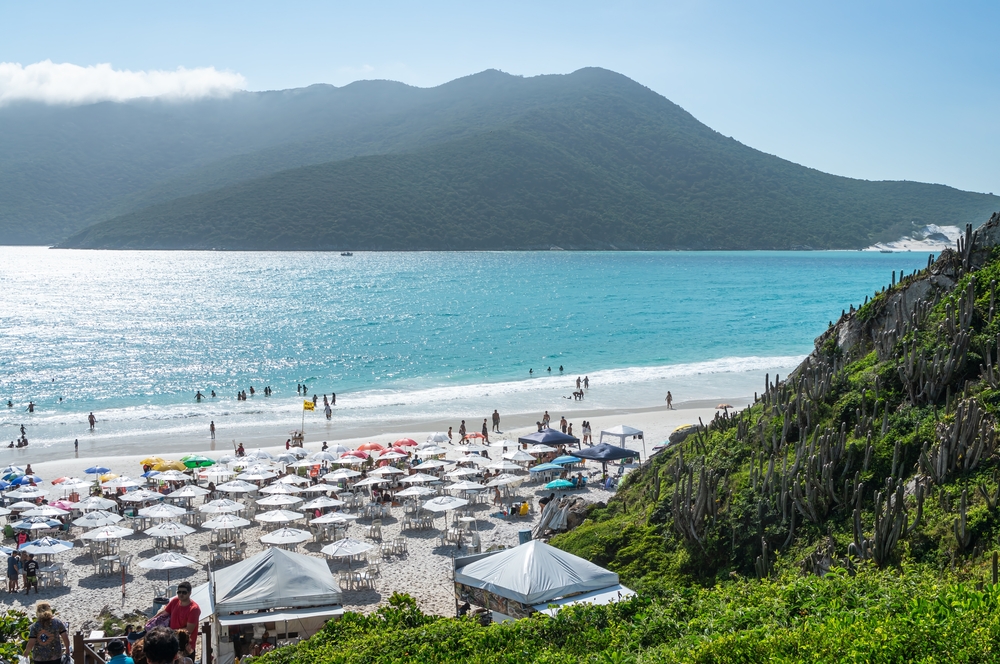

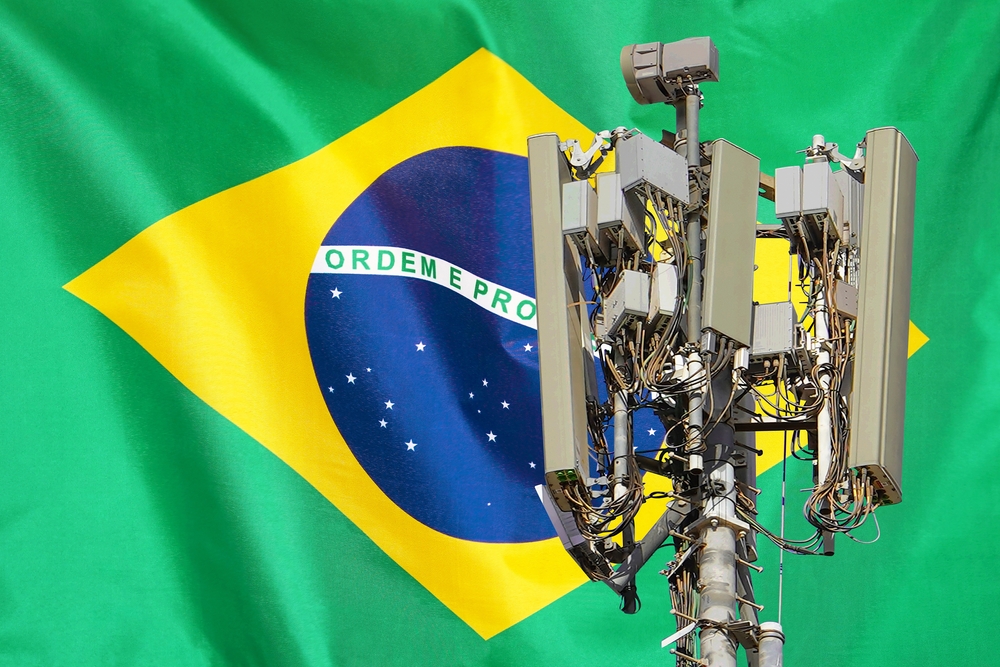
4 Responses